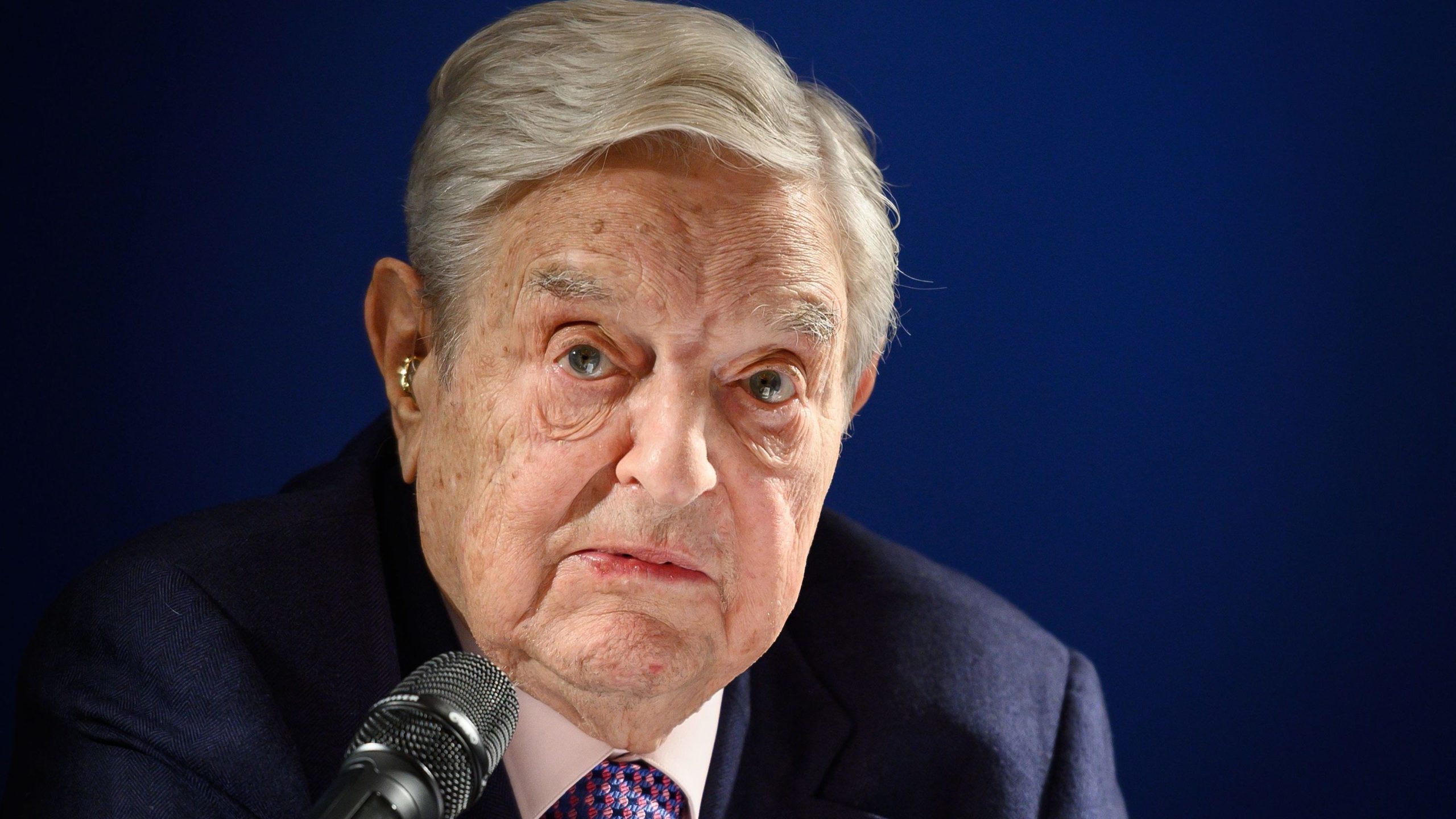The Early Journey of George Soros
George Soros, born on August 12, 1930, in Budapest, Hungary, is one of the most influential financiers and philanthropists in the modern world. His journey from a war-torn childhood in Europe to becoming one of the wealthiest investors on the planet is both remarkable and inspiring. Growing up during World War II, Soros and his family faced persecution as Jews in Nazi-occupied Hungary. The family survived through courage, resourcefulness, and a determination to overcome adversity. These early experiences shaped Soros’s worldview and his lifelong commitment to promoting democracy, human rights, and open societies.
Education and the Foundation of a Financial Genius
After surviving the war, Soros moved to England in 1947, where he studied at the London School of Economics. His education there, particularly under the mentorship of philosopher Karl Popper, deeply influenced his thinking about society and economics. He developed the theory of “reflexivity,” which became central to his investment strategies. This theory suggests that market participants influence and are influenced by the market, creating feedback loops that can drive prices away from equilibrium. This insight became a cornerstone of Soros’s approach to financial markets, helping him identify and capitalize on major market trends that others overlooked.
The Rise of the Soros Fund Management
In the early 1950s, George Soros moved to the United States and began working in finance. After gaining valuable experience at various firms, he established his own hedge fund, Soros Fund Management, in 1970. The fund quickly gained a reputation for its bold strategies and consistent success. Under his leadership, the fund achieved average annual returns that far exceeded market benchmarks, attracting high-profile investors and billions in assets. Soros’s ability to predict and profit from market movements made him one of the most respected and sometimes feared investors in the financial world.
The Man Who Broke the Bank of England
George Soros became a household name in 1992 when he made one of the most famous trades in history. During what is now known as “Black Wednesday,” Soros bet against the British pound, anticipating that the currency was overvalued and that the United Kingdom would be forced to withdraw from the European Exchange Rate Mechanism. His fund shorted billions of pounds, and when the pound eventually devalued, Soros reportedly made over a billion dollars in profit in a single day. This legendary move earned him the title “The Man Who Broke the Bank of England” and solidified his status as one of the greatest investors in history.
George Soros Net Worth and Financial Success
As of recent estimates, George Soros’s net worth is around $7 billion, though his wealth has fluctuated significantly over the years due to his massive philanthropic donations. At the height of his financial career, his fortune was estimated to be over $25 billion. However, Soros has given away more than $32 billion to his charitable foundation, the Open Society Foundations. His wealth primarily comes from decades of successful hedge fund management, smart investments in global currencies, and early recognition of emerging markets. Even after stepping back from active fund management, Soros continues to be a significant influence in global finance and philanthropy.
The Open Society Foundations and Global Philanthropy
One of the most defining aspects of George Soros’s life is his commitment to philanthropy. He established the Open Society Foundations (OSF) in the late 1970s to support causes promoting democracy, freedom of expression, education, and equality. Through OSF, Soros has funded projects in more than 120 countries, focusing on strengthening civil society, supporting independent journalism, and defending human rights. His philanthropic work has had a profound impact, especially in Eastern Europe, where he helped support transitions from communism to democracy after the fall of the Soviet Union. His generosity has also extended to healthcare, education reform, and criminal justice initiatives worldwide.
A Life Shaped by Philosophy and Purpose
Soros’s investment success is often tied to his philosophical outlook. He believes that financial markets are not purely rational and that human behavior drives much of economic activity. This belief, combined with his understanding of social dynamics, gave him a unique edge as an investor. Beyond wealth, Soros has consistently emphasized the importance of open societies where individuals have freedom of thought and participation in governance. His philosophical views have often placed him at the center of debates about capitalism, democracy, and globalization.
Controversy and Misunderstanding
Despite his philanthropic achievements, George Soros remains one of the most controversial figures in the world. His political activism and support for liberal causes have made him a target of criticism, especially from conservative and nationalist groups. Many conspiracy theories have circulated about his influence in world affairs, most of which are baseless but persistent. Soros himself has acknowledged that his willingness to challenge authoritarian regimes and his advocacy for progressive change naturally draw opposition. Yet, he remains steadfast in his belief that promoting transparency and freedom is worth the controversy.
Investments Beyond Finance
Soros’s interests extend beyond hedge funds and philanthropy. He has been involved in academic research, writing, and global economic discussions. His books, such as those on globalization, financial markets, and the concept of the open society, reflect his deep understanding of the complex interplay between economics and politics. He has also been active in supporting education, funding scholarships for underprivileged students, and helping universities expand opportunities for learning and research. His contributions to the Central European University in Budapest are particularly notable, as the institution became a hub for intellectual and democratic thought in Eastern Europe.
Legacy and Continuing Influence
Even in his later years, George Soros continues to shape global discussions on economics, democracy, and human rights. Through his financial insights, he influenced generations of investors who studied his methods. Through his philanthropic work, he changed the lives of millions by promoting justice, fairness, and opportunity. His sons, especially Alexander Soros, have taken on leadership roles in the Open Society Foundations, ensuring that his legacy of global humanitarian work continues. His name is now synonymous with both immense financial success and bold advocacy for open societies.
Personal Life and Character
George Soros has been married multiple times and is a father to five children. Despite his immense wealth, he is known for maintaining a relatively private and disciplined lifestyle. Those close to him describe him as analytical, philosophical, and deeply committed to the causes he believes in. His personal journey—from surviving one of history’s darkest times to becoming one of the most powerful financial figures in the world—demonstrates resilience, intelligence, and vision.
Conclusion: The Dual Legacy of Wealth and Wisdom
George Soros’s life is a fascinating combination of financial mastery and moral conviction. His net worth may represent material success, but his true legacy lies in the billions he has dedicated to creating a more equitable and transparent world. Whether admired for his philanthropy or criticized for his political influence, Soros’s impact on both global finance and humanitarian work is undeniable. He stands as a symbol of how financial power can be used not only for personal gain but for the broader benefit of humanity. His story is one of transformation, intellect, and an enduring commitment to shaping a freer, more open world for generations to come.

Starsfame delivers accurate celebrity news, exclusive updates, and inspiring stories about your favorite stars.











